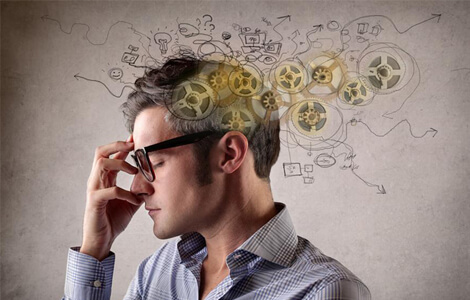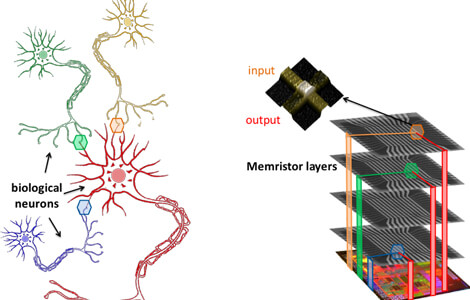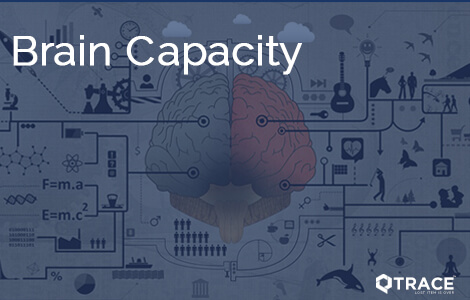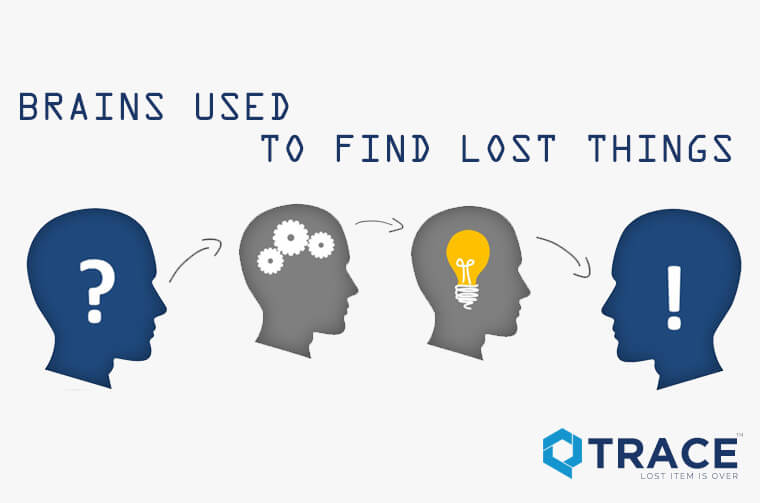Surprising Facts How Our Brains used Backup to Find Lost Things:
Every day we misplaced our belongings and spending lots of time in searching them. Right? Especially by the time, we realized that we have misplaced the particular thing we need it the urgently and we desperately begin to search at the every possible place. It is the kind of energy that our mind releases in searching the misplaced thing.
Let’s go to know the amazing surprising facts that how our brain works when we are finding the lost thing.
The human brain is much more capable than supercomputers:

Our brains are more capable and stronger than the supercomputers. Because computers have some gigabytes of storage but our brains have a million gigabytes storage capacity. So, the capacity of backup of our brain is far more than the supercomputers. Otherwise how it would be possible that some scenes and people we can easily recall over a long period of time? Our brain works extra fast like computers or even more than that when we are finding the lost item.
Visual categorization:
When we see a particular object our brain put them into broad categories. For an instance, A child is playing with the ball. Then brain broadly makes categories like people, object, and activity. But when we lost something like keys or wallet then we expand categories at every possible narrowed level, at related categories and also at the perception of others. It’s like zooming process of the lost object in the brain.
Thinking of Each Realistic Options:

Until we find the lost object, our brain does check at every real accessible place. When we think of lost items our brain tries different realistic options to find at every possible place. Some options indicate it might be gone but our brain directs to search at some accessible places. Our brain search at the thousands of possible realities from where universe can get back the lost item.
It follows Photosynthesis process:
Plants are trying their best to absorb sunrise as much as possible. This process is known as photosynthesis process. Exactly our brain do follow the same process. Our brain tries to follow the nature maximum. Our brain expands energy and follows every small signal of nature in finding the lost item.
The brain remembers everything but can’t recall:
Every object has a particular place in our home. Right? But sometimes we misplaced it with our subconscious brain. When we use the object and placed it somewhere else our brain knows that place and remember it. Now next time when we want that object we first find at its original place but we couldn’t get it from there. So, we think of realistic options but can’t recall the temporary place where we had placed it by our own hands.
Brain alters the memory:
It means our brain recall particular objects and people in entire event for which it is fascinating about. Other objects and people are immaterial their existence doesn’t make an impact on the brain. So, it is a strong comparison of particular memory parts with other memories. Here, we can analyze that the fascinating things we recall easily and over the time.
Brain do forget the things:
Sometimes we think, How can I forget this? Someone specials birthday or anniversary. But we do forget. These dates are fascinating but we forgot that we forgot. We think that it would be last long but even we don’t know when we forgot it. This we can relate to Overconfident Brain. Our over confident brain makes us feel the illusion of remembering the thing.
Fixed context lessen the chances of losing:

Let me explain it with my example. This happened with me very often while studies. I always tend to prefer particular room, chair and my reference book for reading and learning things. If I change the room, chair or reference book I can’t learn the things properly. It might be your case too. So, our brain works differently with different contexts. If they are changing very often then it is difficult to recall every context.
Reloaded things improve remembrance:
There is a saying “Practice makes a man perfect.” What is it? It is recalling the particular activity and things at particular intervals. So, our brain is habituated with it. Regular repetitions turn out to be long term retention. So, lost item’s reappearance also depends on the last seen and frequency of use.
Brain capacity:

As per research of neurologists, our brain remembers only those things which are necessary for our survival and it avoids that information which is not useful for survival. Old memories are replaced by new ones. The Brain also spend energy to make us forget the old memory by generating new neurons. Even though the brain has much more capacity remains to store information, it forgets the old memories. Because forgetting the old memories and generating new ones makes us more efficient. If our brain has forgotten the old memories then it can capture new things faster. Let me give a practical example – There is a saying “Time heals all wounds” Why? Because by the time our brain is generating new neurons and avoids old ones. So, this is how our brain works with the lost things.
Our brain does forget the things. It’s natural. But what we can do is to take precautions which lessen the chances of forgetting and losing the things.
Don’t want to use brain just use QTrace

Don’t give your brain too much stress, relax your brain from daily routine problems. Scientifically brains need 7 hours per week relax for good health, We live in a loud and distracting world, where silence is increasingly difficult to come by and that may be negatively affecting our health. Why give more load to the brain if you have QTrace device with you. QTrace will solve all the minor to a major issue which we facing everyday life. QTrace is a device which can be used to find all the Lost items which your brains does not remember a long time.
Goal Of QTrace: Save the maximum time, and reduce the brain efforts to find the lost items daily.


